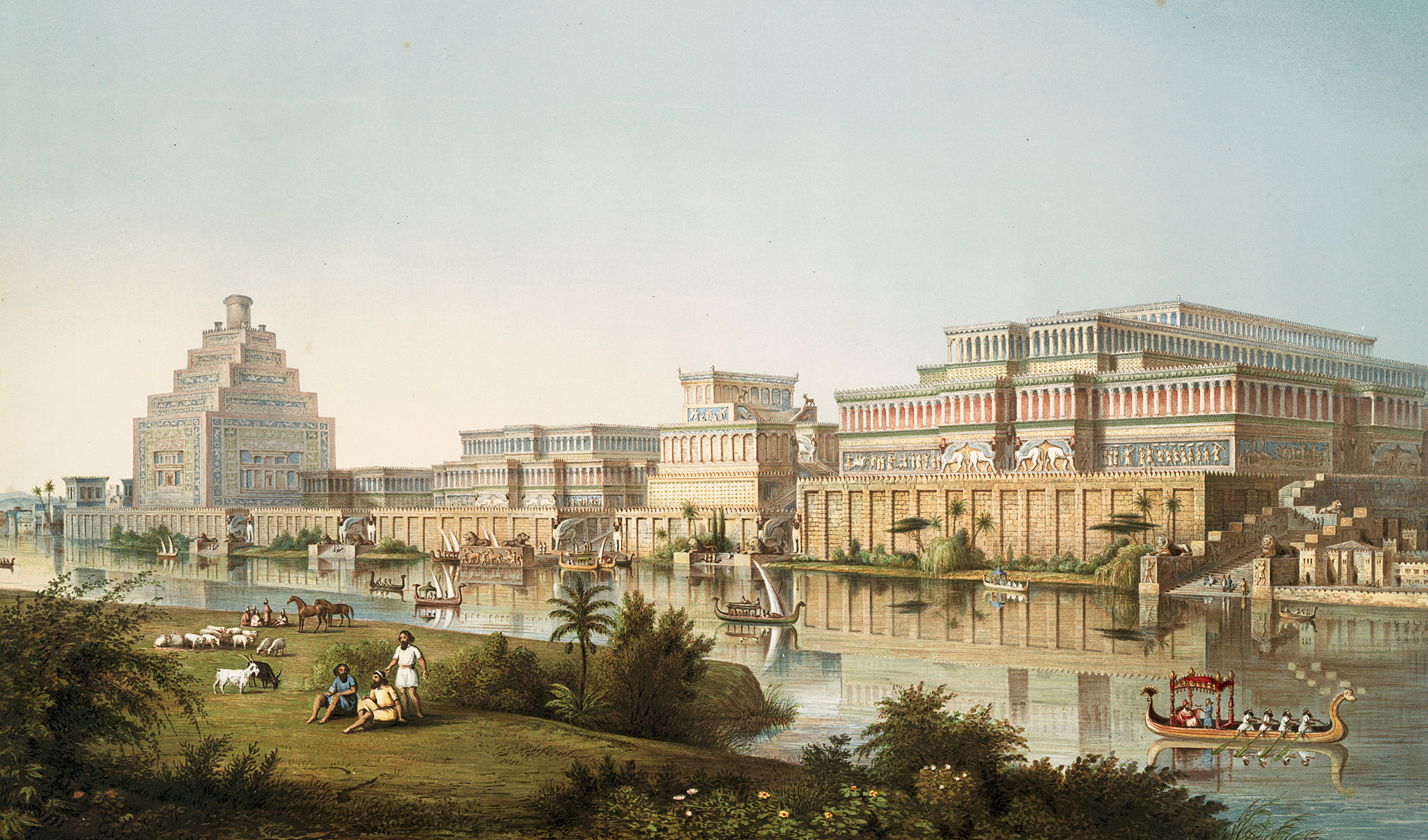Younus (Jonah) in Islam: A Journey of Faith and Redemption
Jonah in Islam: An Overview
Jonah, known as Yunus in Islam, is a significant prophet within the Islamic faith. Revered for his story and the divine lessons it conveys, Yunus holds a special place in the hearts of Muslims. His narrative is not only retold in the Quran but is also interwoven with Islamic teachings, highlighting themes of repentance, mercy, and duty.
The Life of Younus
Younus ibn Matta, commonly known as Jonah, is uniquely identified in the Quran, which makes his story accessible to Muslims. While the Quran does not delve deeply into Younus’ ancestry, some Islamic tradition suggests that he hailed from Nineveh. This city has a prominent place in his story and is often associated with his prophetic mission.
The Quran specifically mentions Younus in several verses, affirming him as one of God’s apostles. The tenth chapter, or Surah, of the Quran is named after him. He is frequently referred to as Dhu l-Nun, meaning “the one of the fish,” a title that emphasizes the pivotal moment of his life spent inside a sea creature.
The Flight of Yunus
The Story of Younus
The story of Younus is one of divine mercy and the importance of repentance. In Surah 37:139-148, the Quran recounts how Younus attempted to flee from his prophetic mission to the his people. He boarded a ship, but when misfortune struck, he was cast into the sea and swallowed by a great fish.
Inside the fish, Younus turned to Allah with sincerity and remorse, praying fervently for forgiveness. His heartfelt supplication led to his miraculous release from confinement, emphasizing that even in dire straits, one can always seek God’s mercy.
The Quran narrates that if Younus had not repented and praised Allah, he would have remained in the belly of the fish until the Day of Resurrection. However, his genuine repentance led to his subsequent release and the fulfillment of his prophetic mission to Nineveh.
Having emerged on the shore, Younus continued his mission and successfully guided the people of Nineveh, who accepted his teachings and turned to God. This episode not only illustrates Younus’s obedience to God’s command but also emphasizes the theme of forgiveness among the faithful.
Narrations in Hadeeth
Younus is also revered in various Hadiths, where Prophet Muhammad speaks highly of him. One well-known saying encourages humility, advising, “One should not say that I am better than Younus,” which elevates the status of Younus and highlights the importance of humility in faith.
Furthermore, scholars from early Islamic history, such as Ibn Abi al-Salt and Al-Tabari, have noted that Younus’s stay inside the fish was temporary, thanks to his urgent prayers. They recognized that while the belly of the fish was a site of trial, it was also a space for miraculous experiences, where Younus reportedly witnessed the wonders of the ocean and heard all sea creatures singing praises to Allah.
The Tomb of Yunus
The Tomb of Younus
Younus’s resting place holds immense significance for various religious communities, including Muslims, Christians, and Jews. According to some sources (but not confirmed in authentic Islamic sources) historically, the tomb was located in Nineveh, which has been a site of pilgrimage for centuries.
However, the tomb faced destruction by militant groups in recent times, which aimed to erase historical and religious heritages deemed incompatible with their ideology. Despite these efforts, the rich narratives surrounding Younus continue to inspire believers worldwide.

The Enduring Legacy of Yunus
A Prophet's Influence Across Time
The legacy of Younus, known as Jonah in other traditions, extends far beyond his lifetime, leaving an indelible mark on the hearts of believers. His story is a testament to the power of repentance and the infinite mercy of God. The lessons drawn from his life encourage Muslims to seek forgiveness and remain steadfast in their faith, even amidst trials.
Younus’s legacy is also reflected in the various sites believed to be his final resting place. While Nineveh is traditionally recognized as his burial site, other locations, such as a village in Turkey and a hill in Palestine known as Givat Yonah, also claim this honor. These sites serve as reminders of Younus’s enduring influence and the shared heritage among the Abrahamic faiths. His story continues to inspire believers to embrace humility, repentance, and unwavering faith in God’s plan.



0 Comments